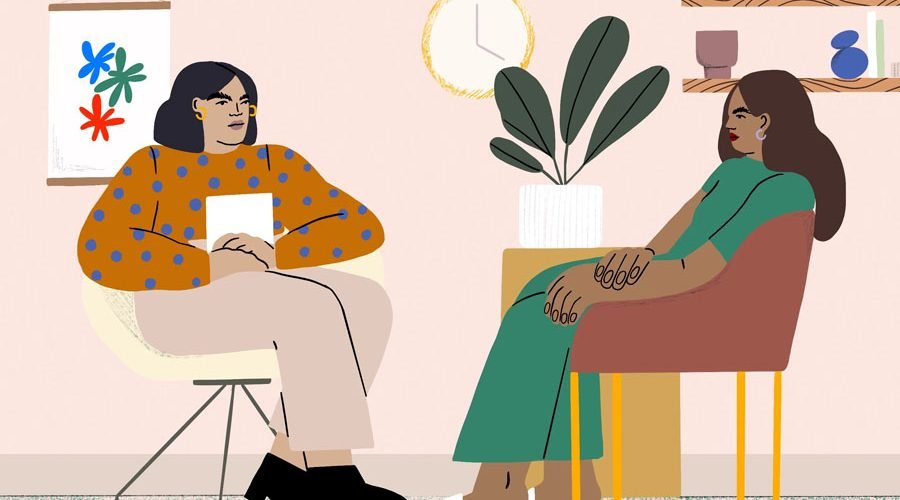Although we may be experiencing tough times, many of us think therapy is for people who can’t help themselves. But here’s an interesting perspective: Cognitive Behavioural Therapy (CBT) is a “talking therapy” in which you actually discover the solutions for yourself and have full responsibility for implementing them. The motto of Reframed Psychological, a psychology practice in Canada, says it all: “You Can Change your Life.” With CBT, that’s just what you’ll aim to do.
There may be a bit of a nudge here and there to help you get your thoughts straight, but ultimately, it’s about identifying negative thought patterns and why you experience them. Next, you’ll go about breaking down the barriers you’ve built for yourself, the ones that leave you feeling powerless and trapped, and start entering a space where you’re empowered to solve your own problems.
Sounds good? It’s more than that! But when do you need CBT? Here are some of the issues that are recognized as fertile territory for CBT.
Table of Contents
Depression
This may be a fairly obvious place to start, but it’s an important one. About 15 percent of people will experience depression at some point in their lives. It’s not just a matter of feeling down in the dumps. It’s a matter of reaching a point where it seems that there is no joy, no pleasure, no reason to care. Even getting up in the morning is an enormous effort. Life just doesn’t seem worth it. CBT not only helps you to understand yourself better, helping you to find a way out of the quagmire, it also has long-term benefits.
Stress and Burnout
You might say that everyone experiences stress, and that’s perfectly true, but acute stress is as debilitating as depression. You’re jumpy. You might even find yourself seeing and hearing things that aren’t there. You can’t sleep properly at night, either struggling to fall asleep, or waking up with your mind racing not long after you fall asleep. The longer it goes on, the closer you are to reaching burnout – a state of utter exhaustion in which you’re no use to yourself or anyone else. Talk it out. You won’t be given solutions, but you will be equipped to find them.
Relationship Issues
She thinks it’s his fault, he thinks it’s her fault, and the two of them are starting to cordially dislike one another instead of being the loving couple they once were. It’s yet another example of negative thought patterns standing in the way of happiness. Can it be fixed? Perhaps not always. Some people are simply incompatible. But if you want to give that failing relationship a chance, CBT could be the key that unlocks your way forward to a happier relationship.
Substance Abuse, Eating Disorders and Irrational Fears
Why lump these together? Well, they’re all examples of harmful responses that are triggered by negative thoughts. Perhaps the substance abuser is trying to cope with a life they no longer want to face in a sober state, or the disordered eater is harming herself because she has problems with stress or self-image, or the fearful person simply needs guidance to respond differently when not facing any real threats. CBT deals with the “now,” it’s not about reliving past traumas or telling your darkest secrets. It’s simply a matter of spotting a harmful pattern, breaking it, and then replacing it with a new, more positive response.





